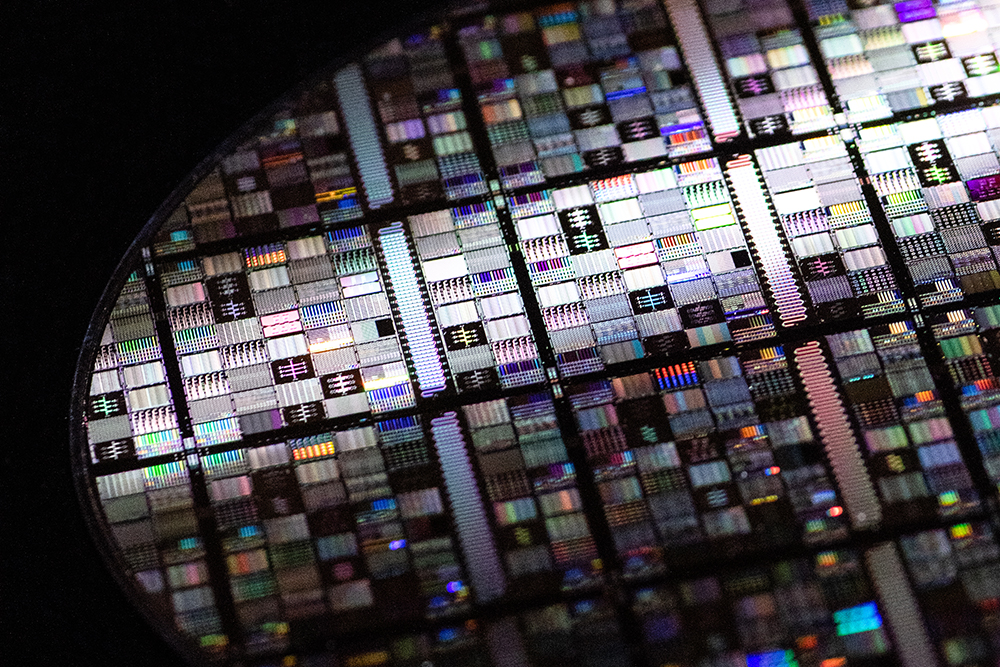- Bell State
- Posts
- India takes Quantum to Space, Preventative Security, and Microwaves
India takes Quantum to Space, Preventative Security, and Microwaves
Quantum Intelligence 🤖
Welcome to The Bell State.

Your weekly roundup of the biggest breakthroughs in Quantum Computing.
In today’s Briefing:

The Indian Space Research Organization (ISRO) is collaborating to launch its own Quantum Key Distribution (QKD) Satellite as part of its efforts to develop secure and unhackable quantum communication capabilities. Over the next two years, they will work on enabling closed-loop communication QKD, where traditional bits and decryption keys are communicated as data and quantum entangled states, respectively. Any attempt to intercept the signal immediately alerts the parties involved, making QKD highly secure.

ISRO’s Satellite Launch from Satish Dhawan Space Center
Vodafone is testing quantum-safe technology to protect customers from “Store Now, Decrypt Later” attacks - which involves adversaries stealing encrypted data now so they can decrypt it in the future with a quantum computer. According to some online reports, threat actors may already be harvesting data in anticipation of the quantum computing revolution.
In a preventative and strategic business move, Vodafone has partnered with SandboxAQ to develop a quantum-safe VPN that uses post-quantum cryptography - This type of cryptography is designed to be resistant to attacks from quantum computers.
Vodafone's tests have shown that the quantum-safe VPN has minimal impact on the quality of service for users of both smartphones and fixed broadband services. The company is also working with other industry groups to develop global standards for post-quantum cryptography.
Quside, a quantum technology company based in Barcelona, has secured €10 million in funding in a Series A round led by the Catalan Institute of Finance (ICF). Quside provides advanced randomness solutions for the cybersecurity and high-performance computing markets. The company's products are based on quantum random number generation (QRNG), which is considered to be the most secure source of randomness available. The funding round was also supported by other investors, including Trumpf Ventures, Bullnet Capital, Demium Capital, and TechVision Capital.

The Q2B23 Tokyo Conference will be held on July 19-20 at the Grand Hyatt in Tokyo. Co-hosted by QC Ware and QunaSys, the conference will feature speakers focusing on the latest advancements, trends, and applications within quantum technologies. Participants can expect sessions covering quantum algorithms, hardware, software, sensing & timing, and applications across industries like automotive, sustainability, materials, and finance. This year will also feature a government and analyst track highlighting the work being done at the state level to support the quantum community.
In quantum computers, it's crucial to protect delicate quantum states from outside interference. Heat can disrupt the stability of the quantum states and lead to errors in computations. Additionally, magnetic fields produced by the isolators can interfere with the sensitive quantum properties. These limitations necessitated the development of a new microwave isolator designed specifically to help protect the fragile quantum states from outside disturbances. This has the potential to enhance the reliability and efficiency of quantum computing systems.

Image Credit: National Astronomical Observatory of Japan
follow @thebellstate on Twitter for daily #Quantent!
Deep-diving into #qubit connectivity.
In this thread, we'll break it down and explore the secrets behind quantum entanglement. Stay tuned! 🧵💫
#quantum
— The Bell State (@thebellstate)
2:08 PM • Jul 10, 2023
📚 Bell’s Bookmarks 📚
- articles & videos that should be on your radar -
Thanks for reading!! If you liked this and want more, make sure to subscribe below and follow us on Twitter.
🔔 Chiming out,
Bell Boy






